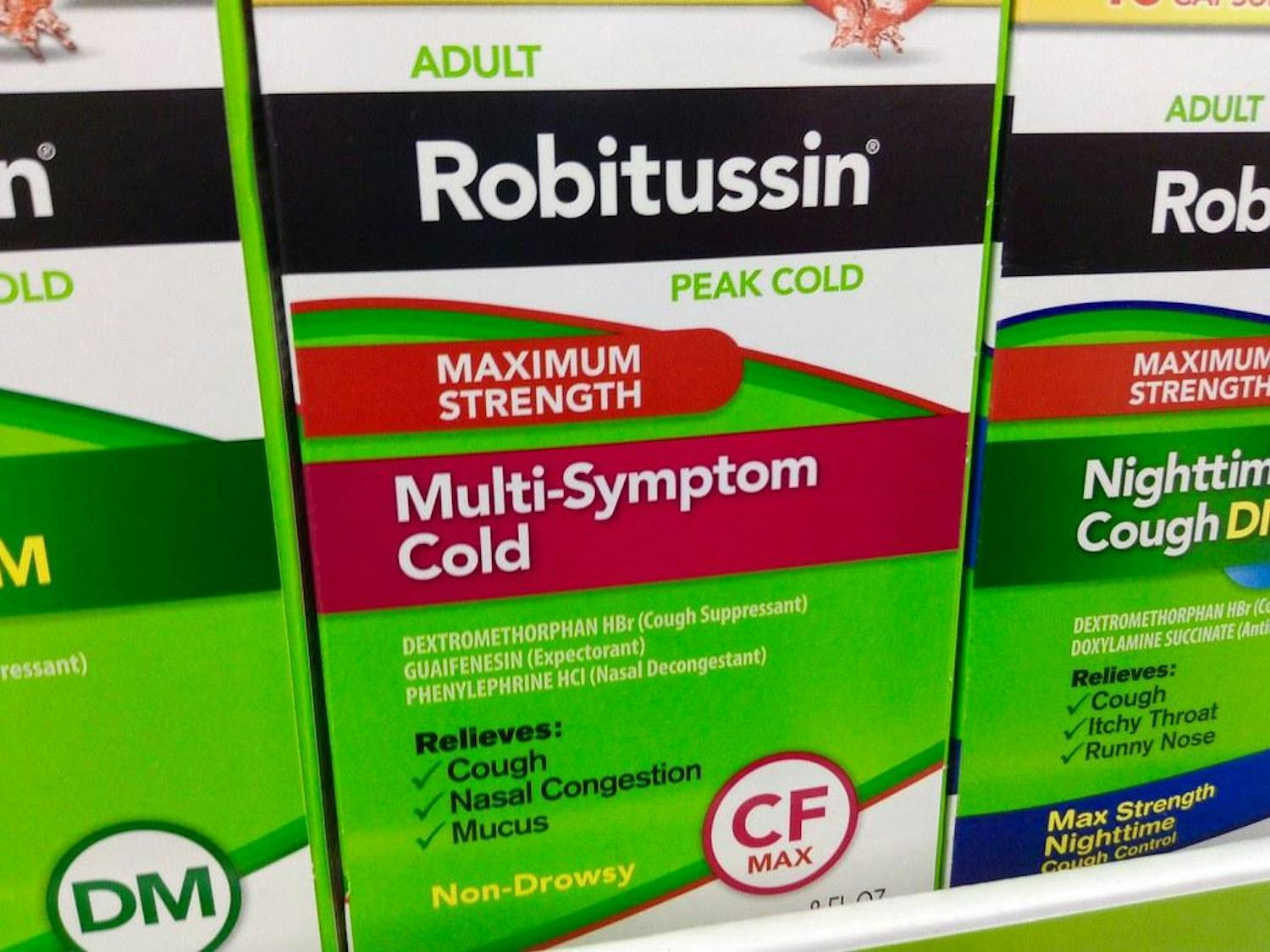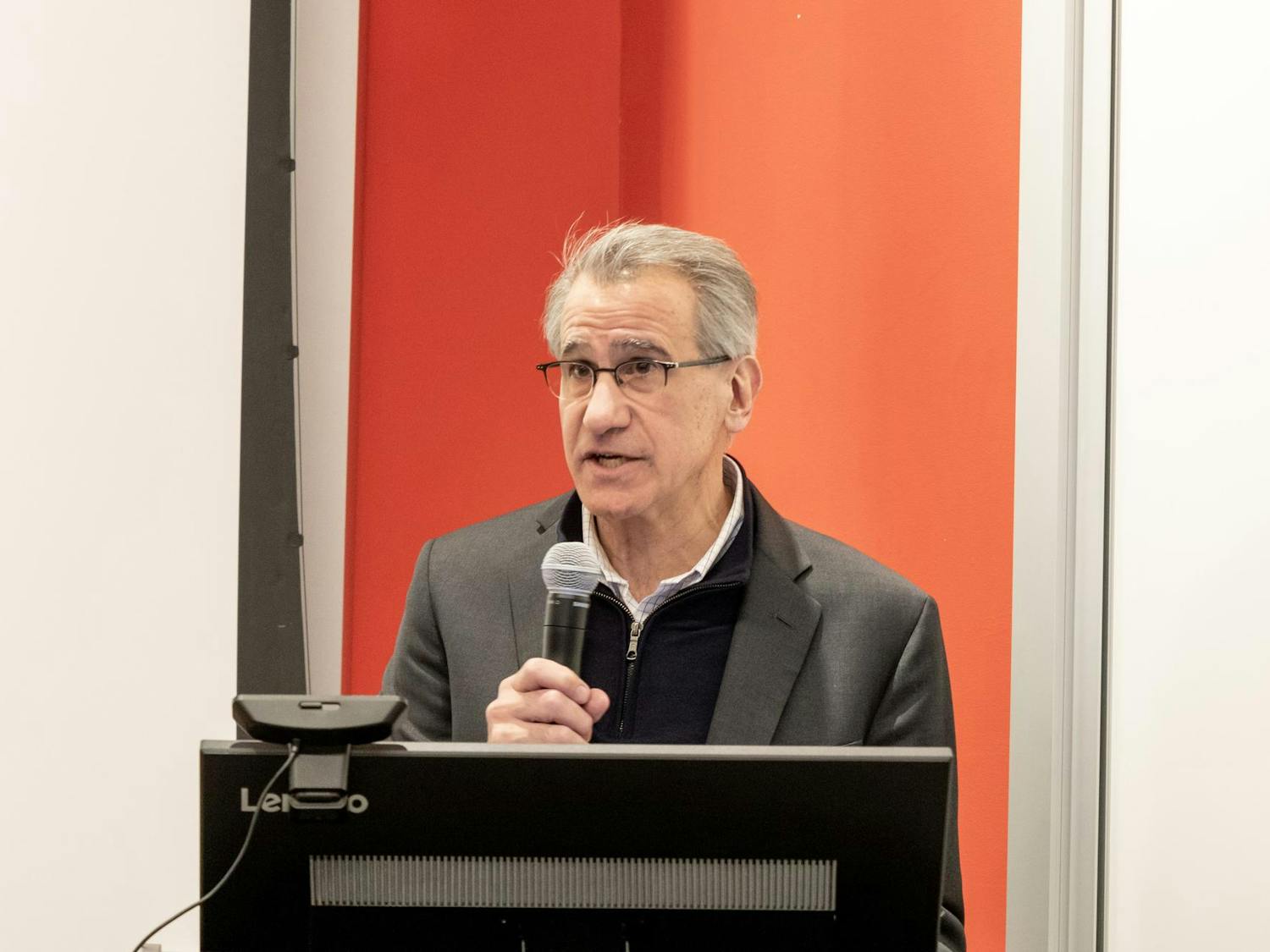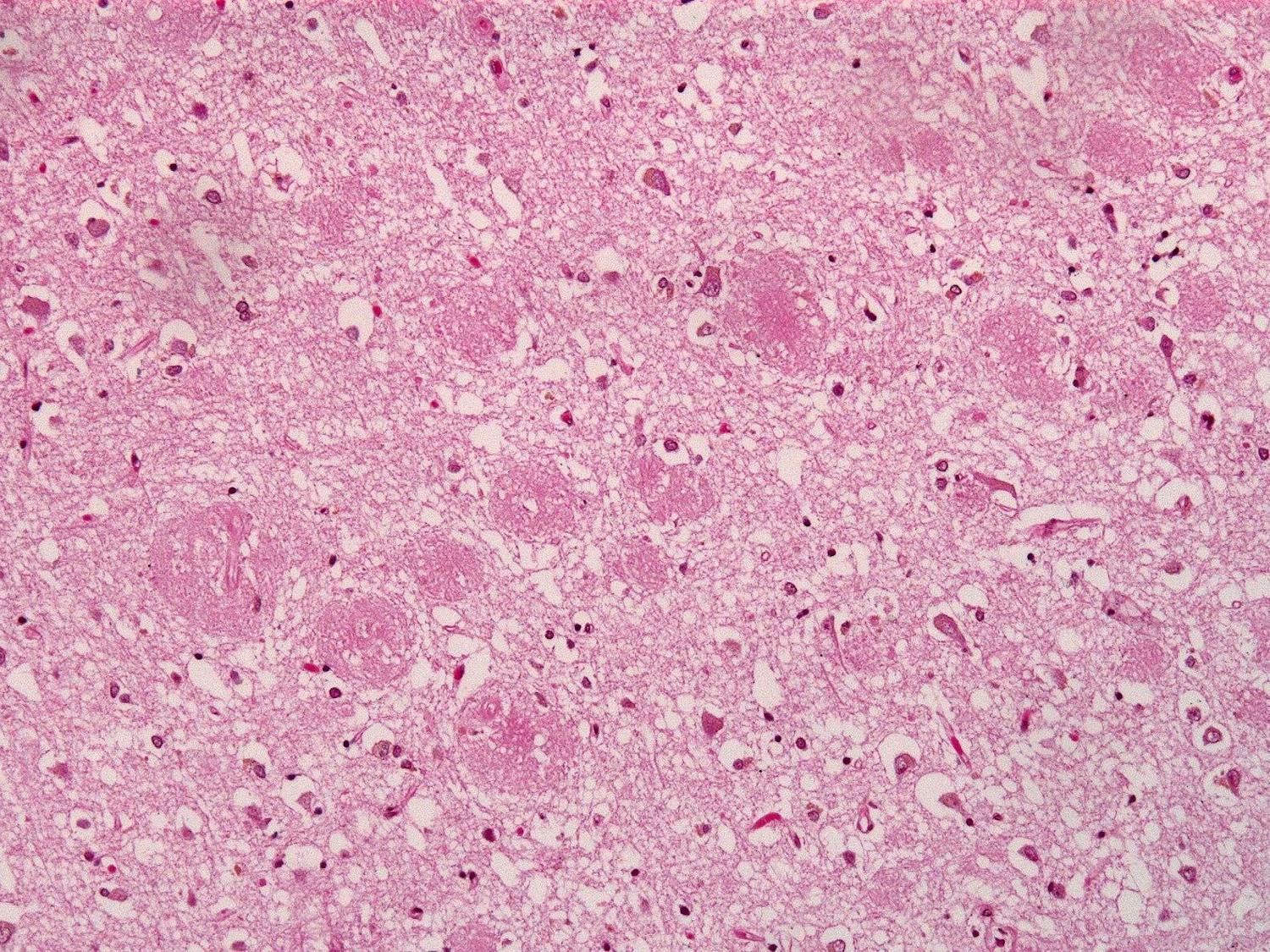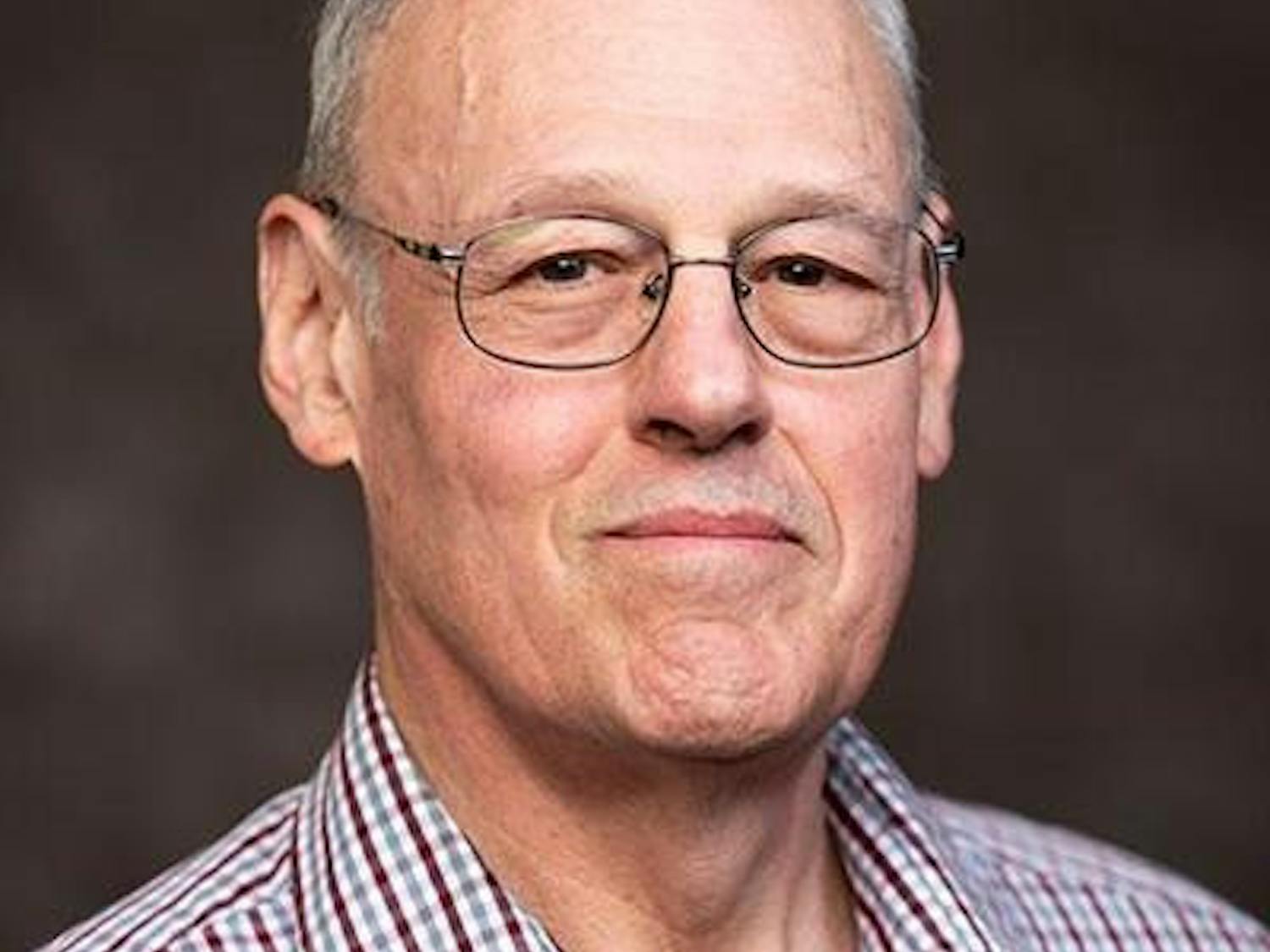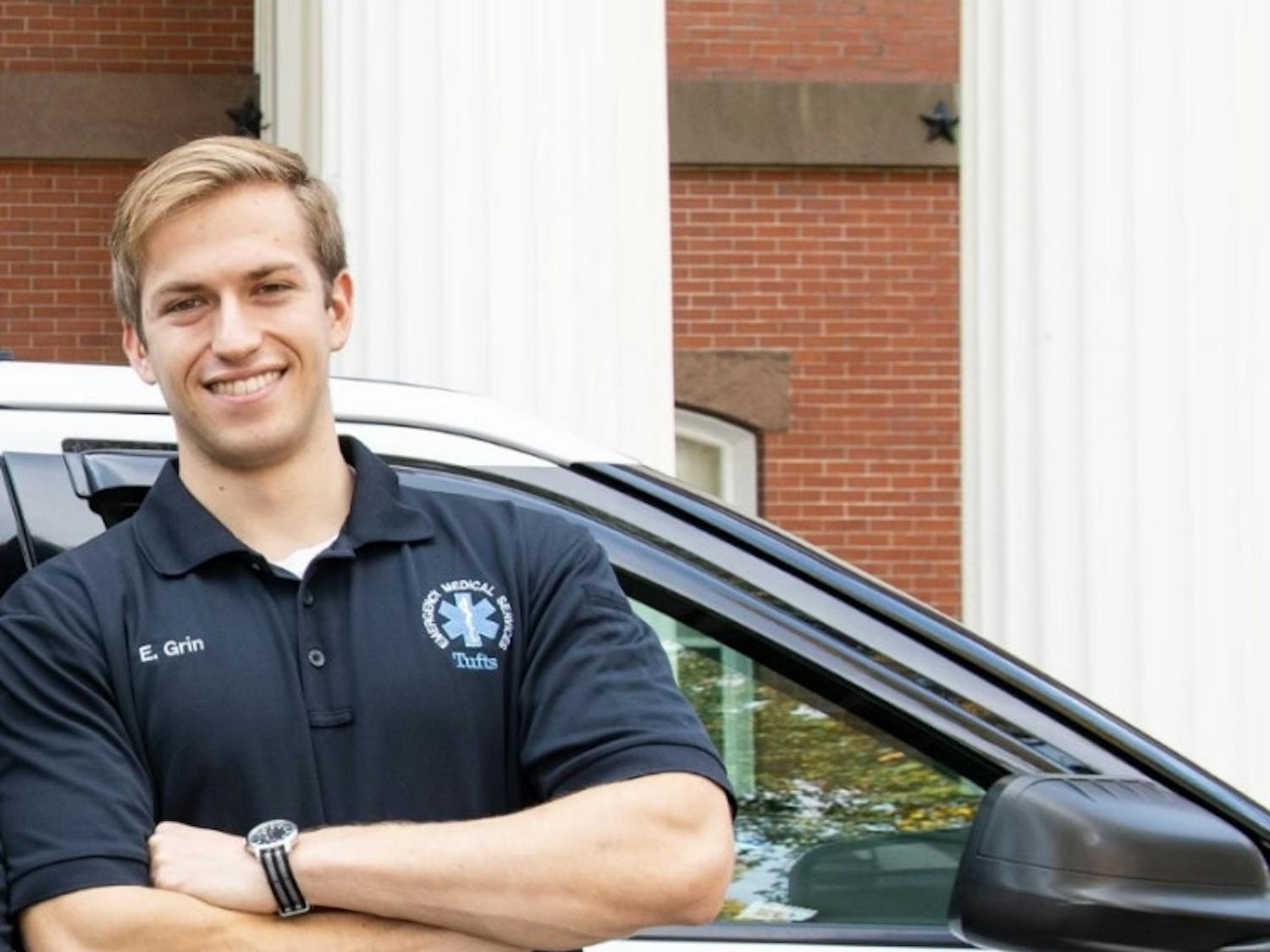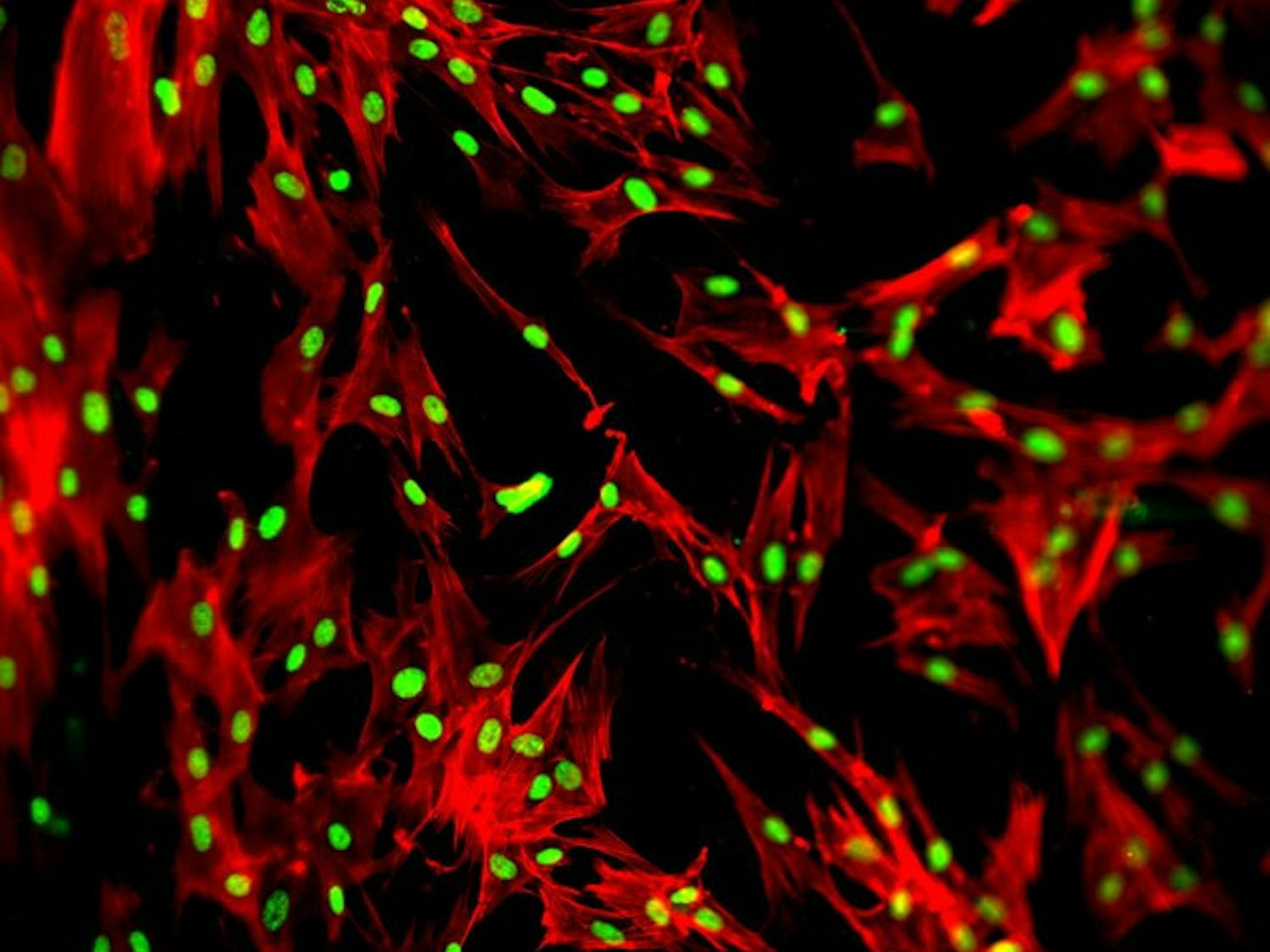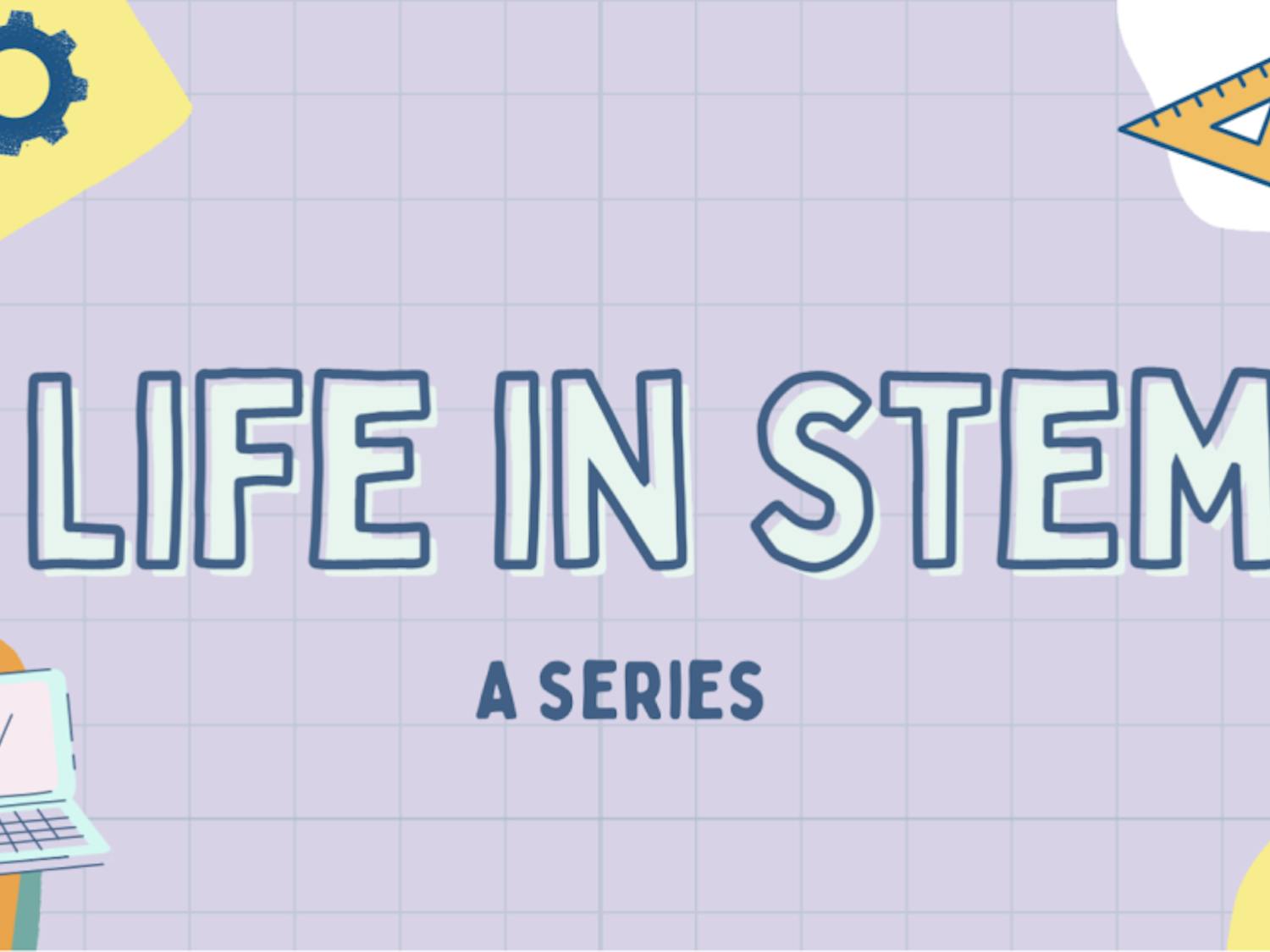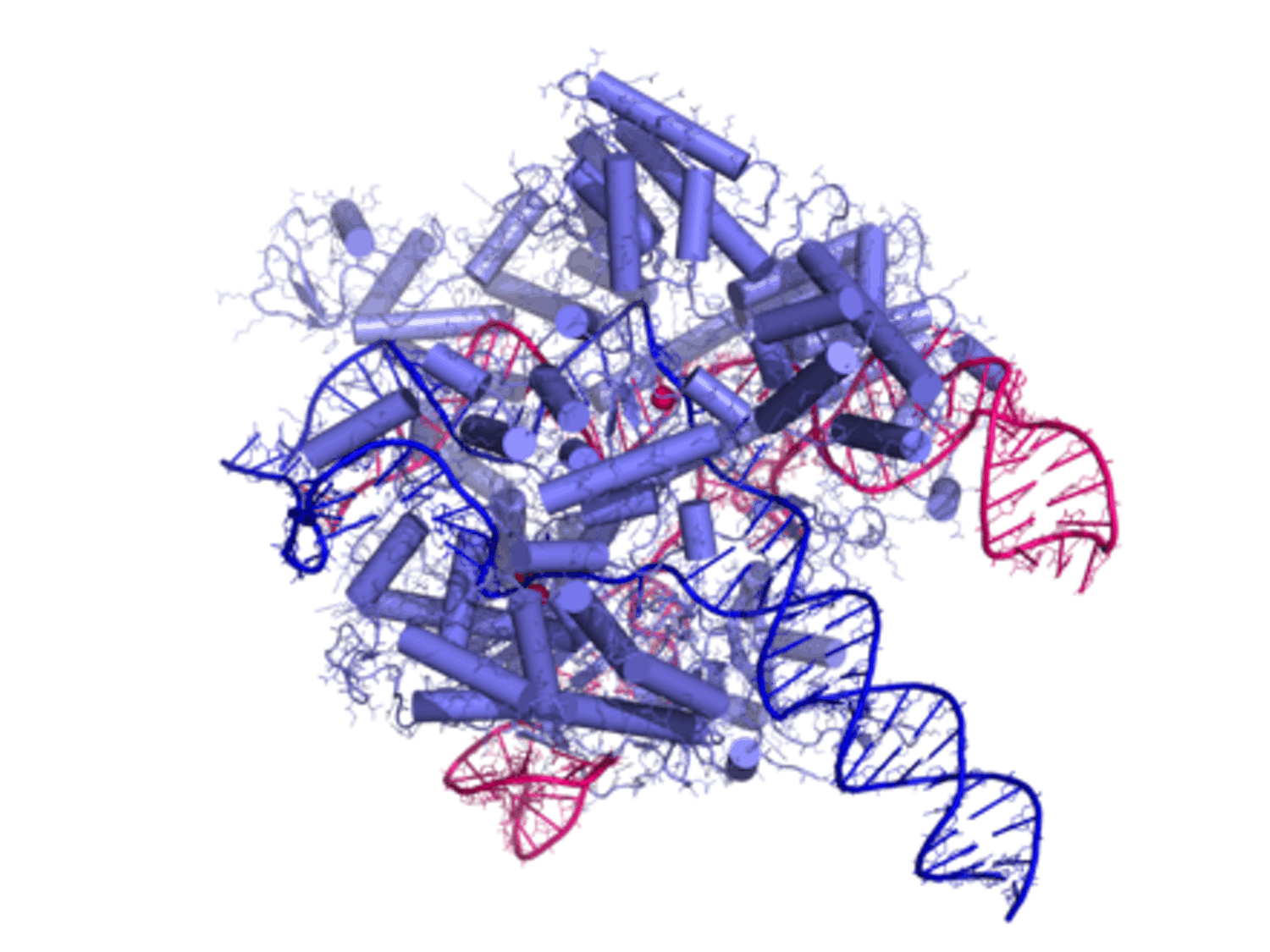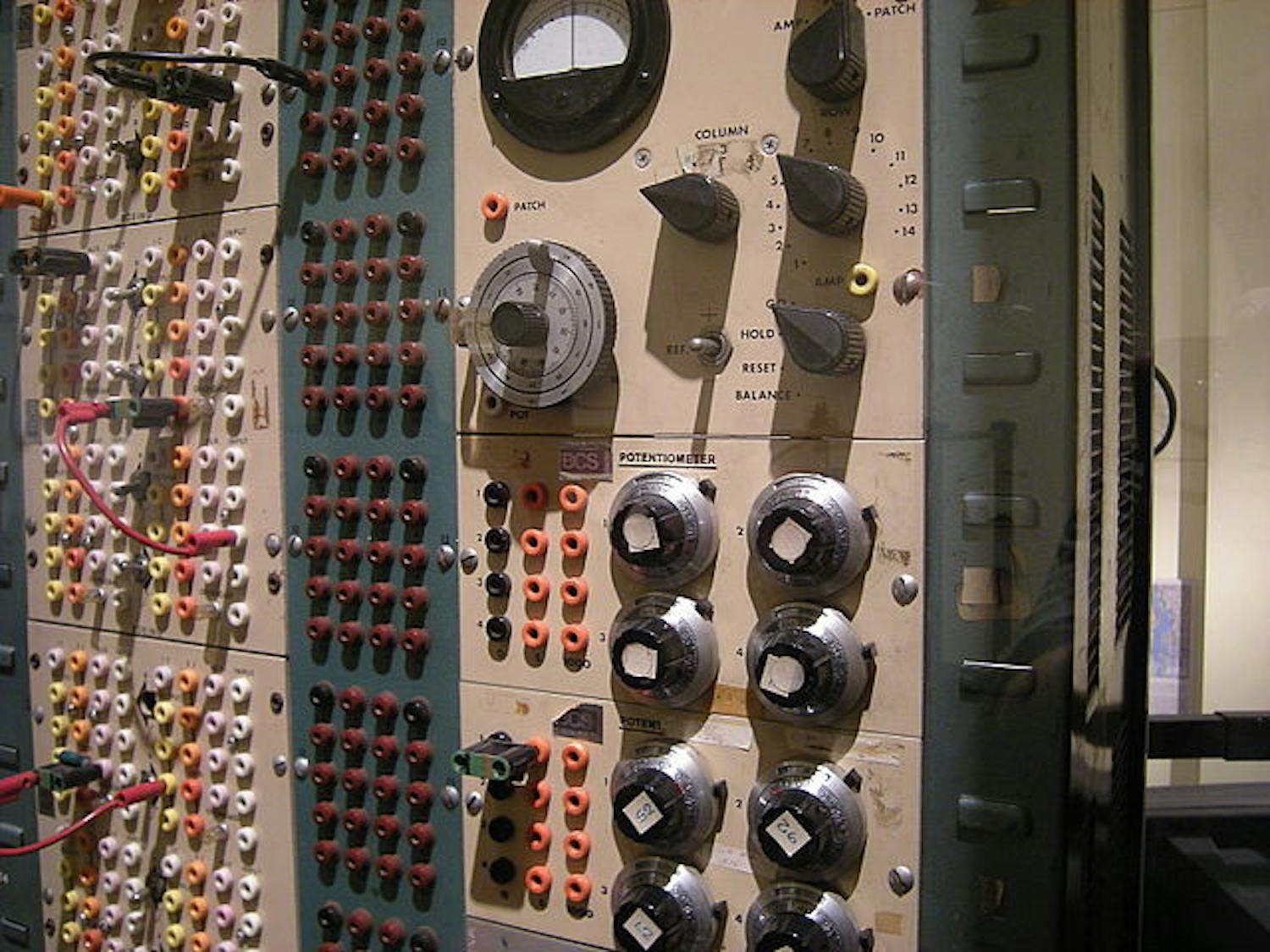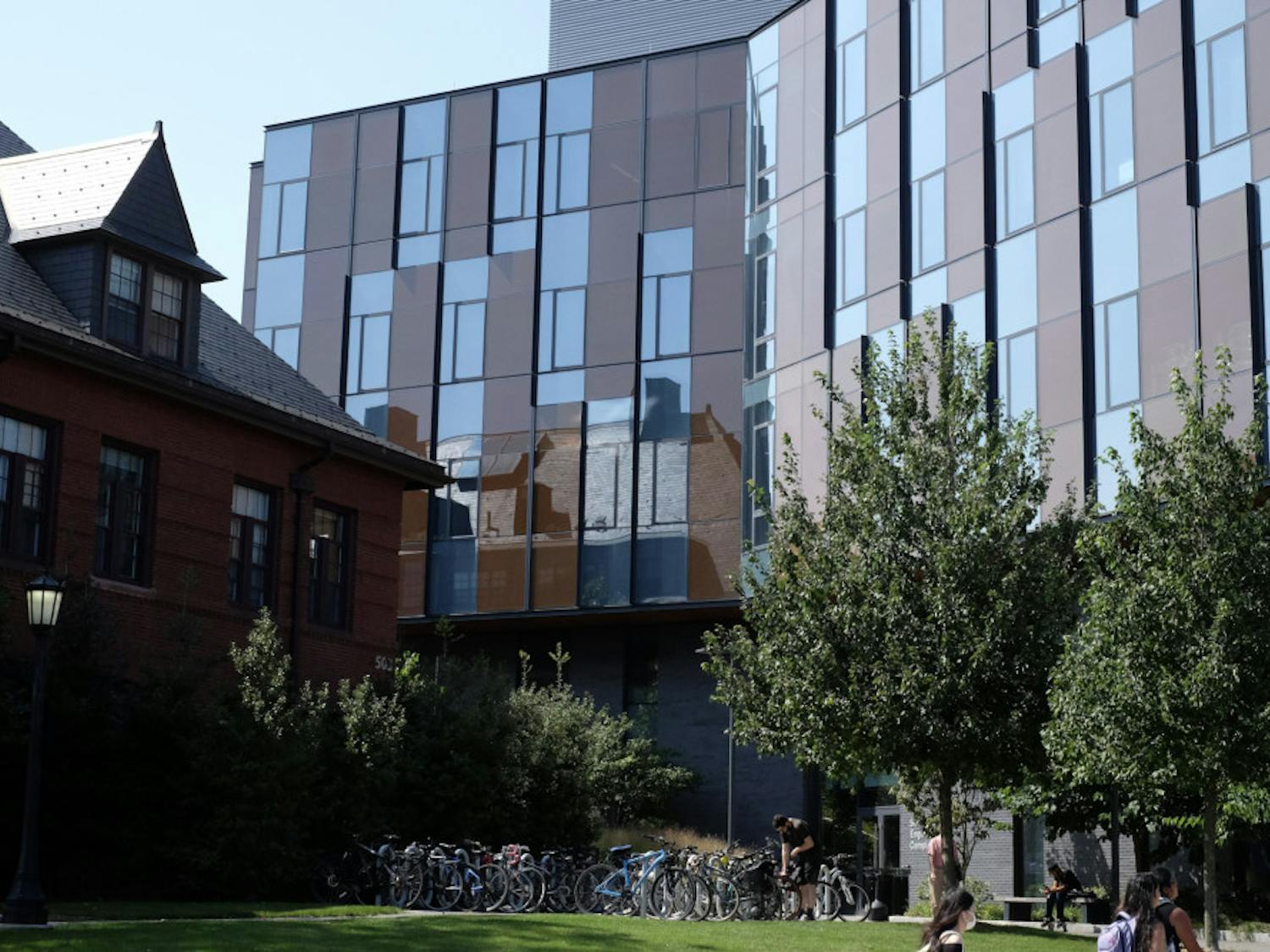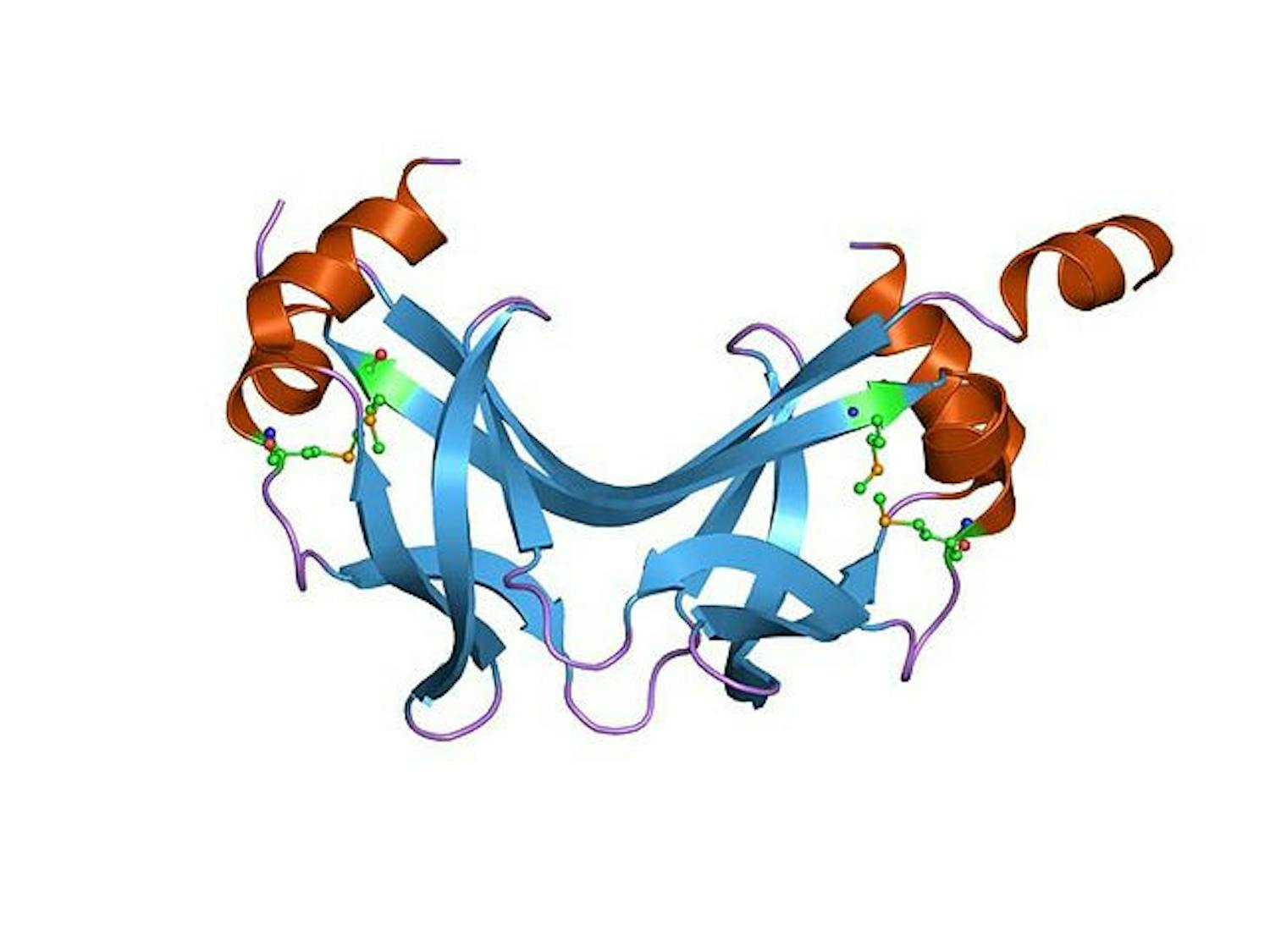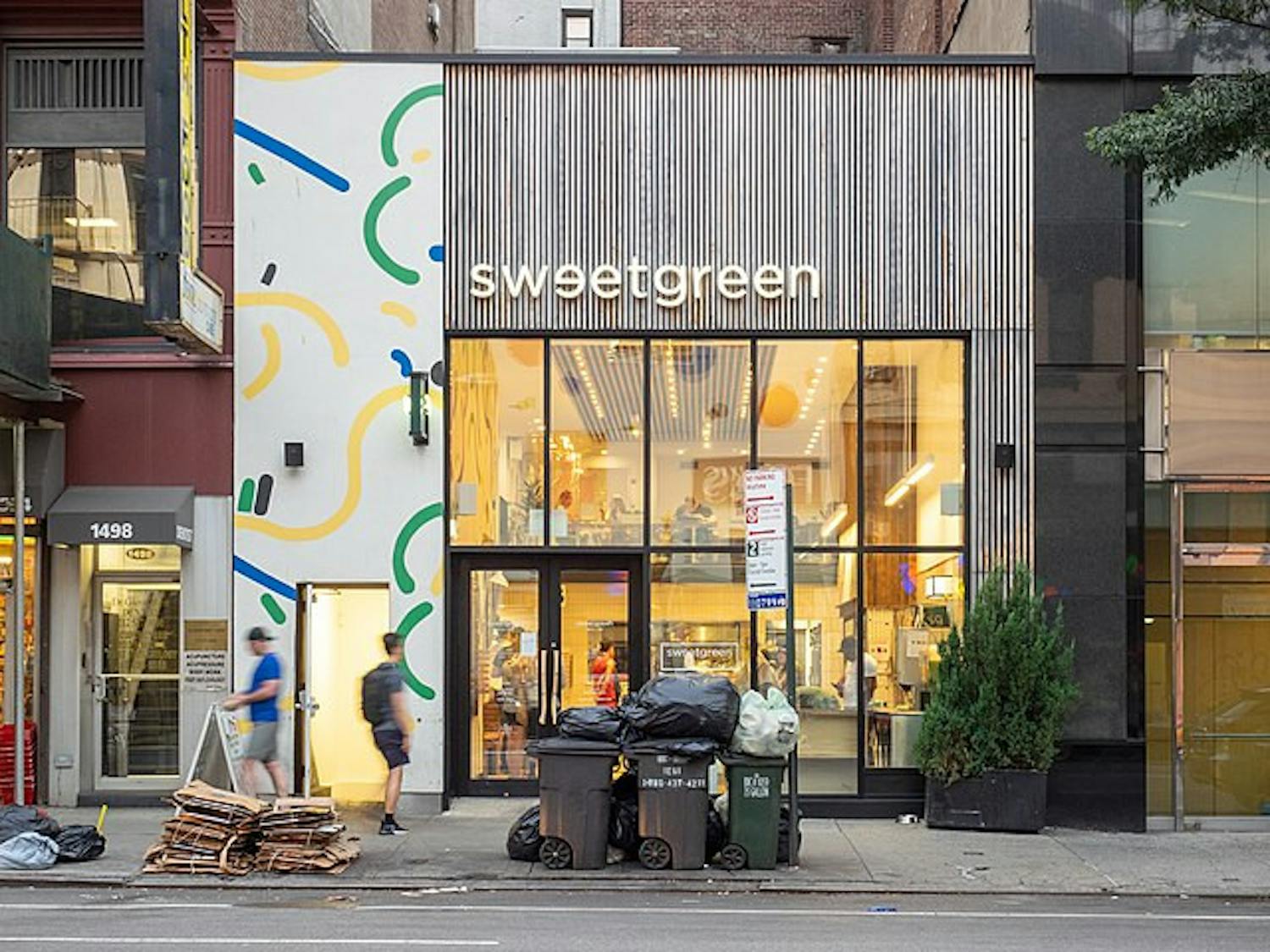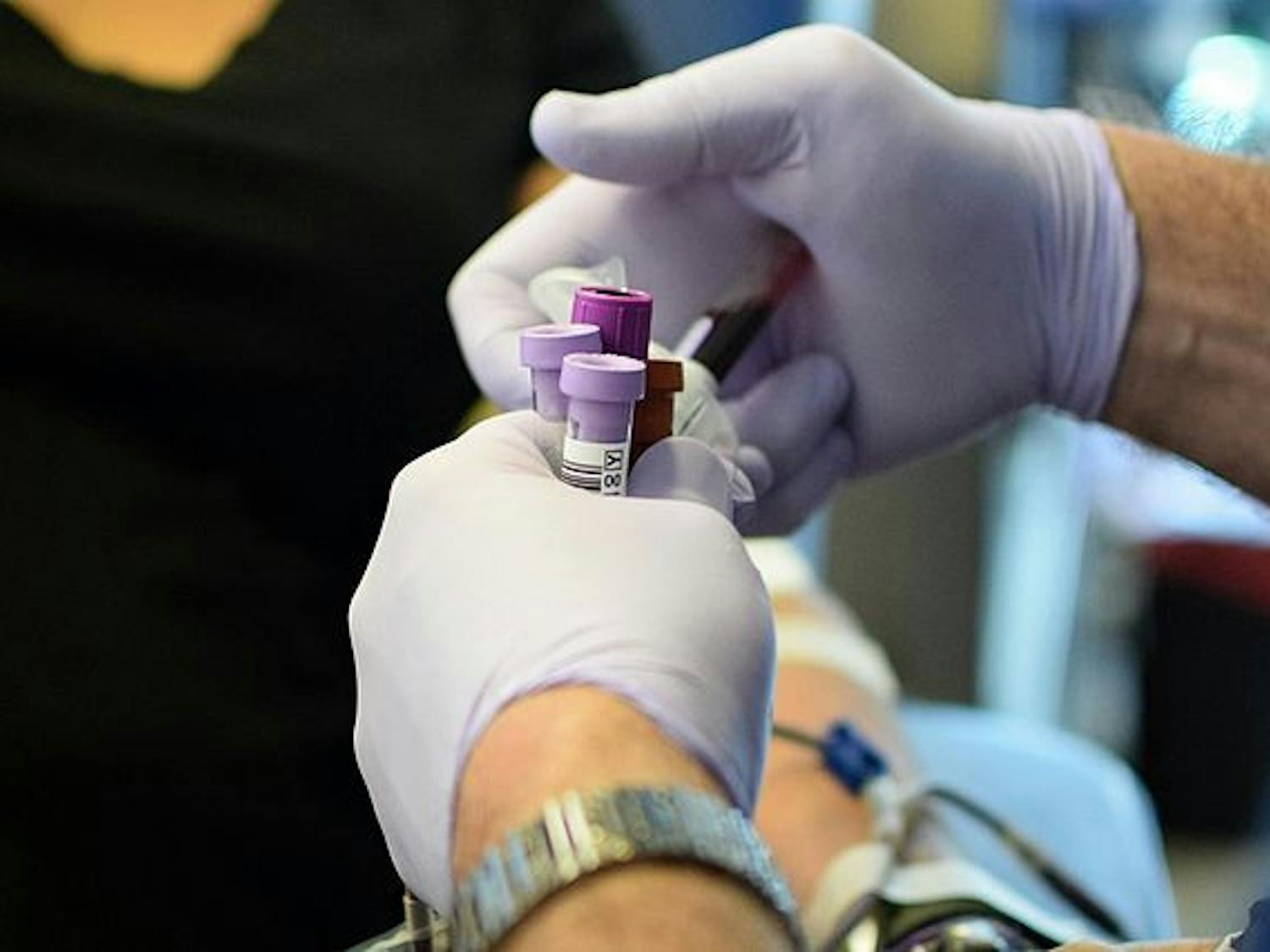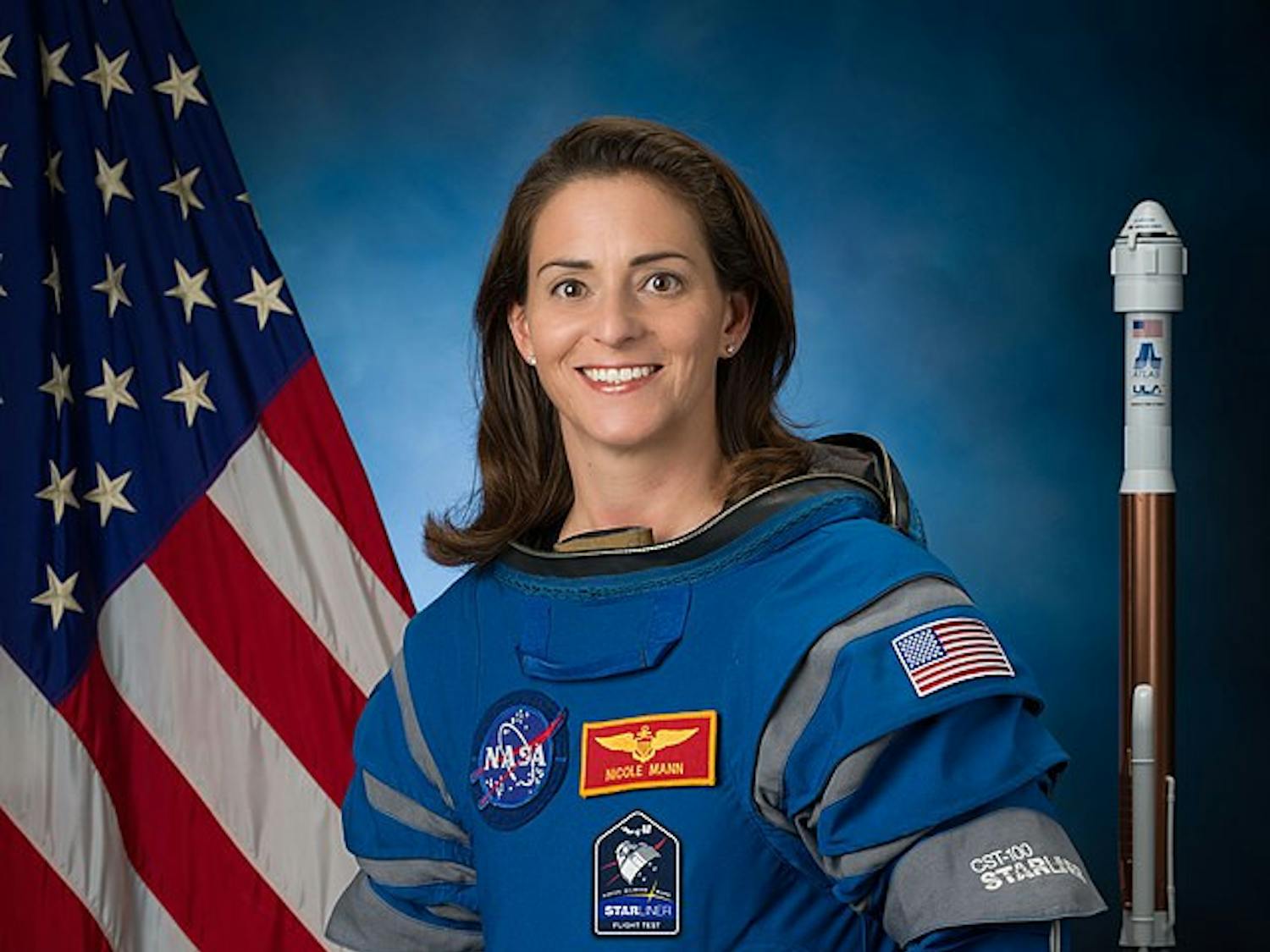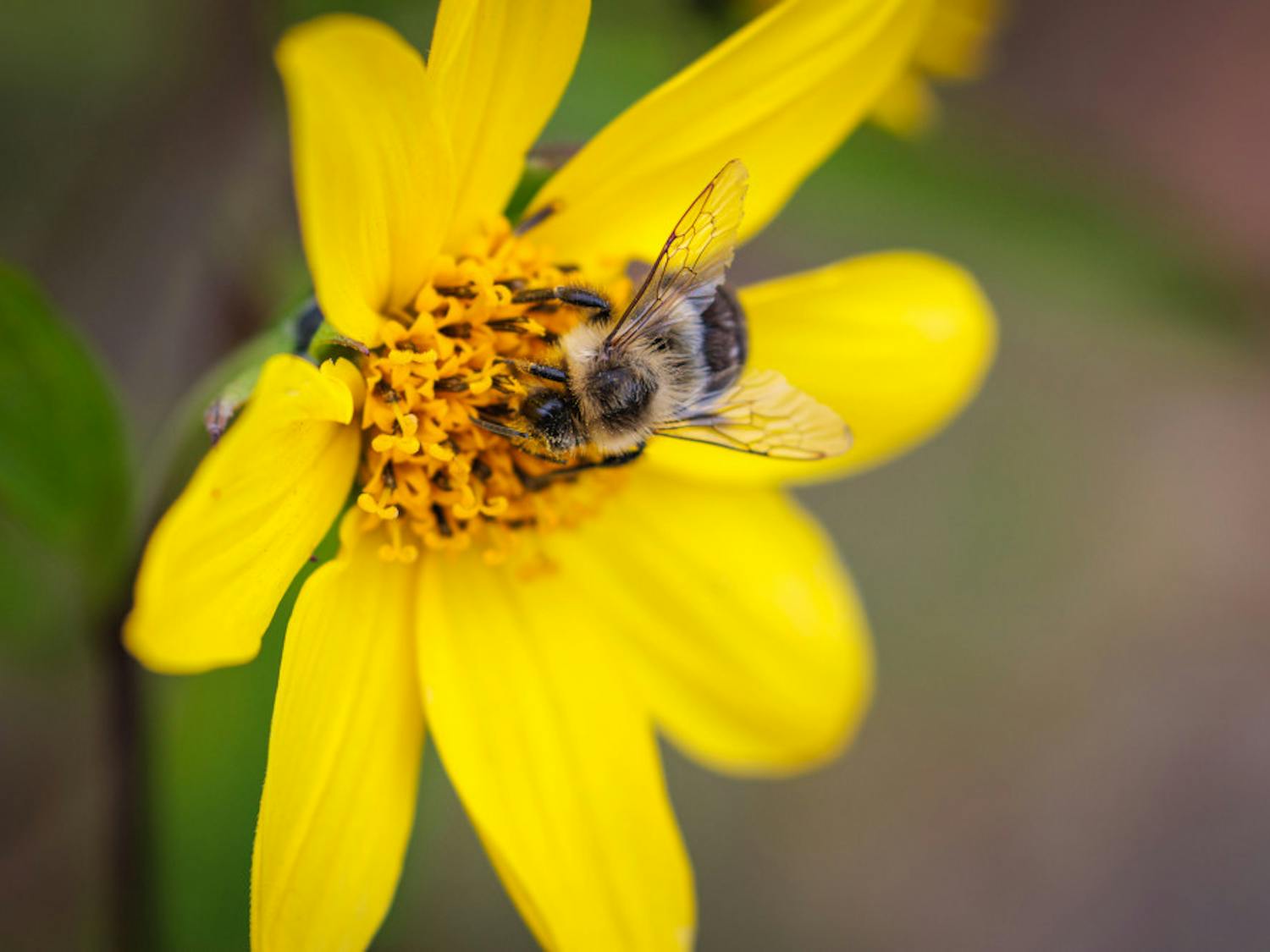Phenylephrine: The decongestant that leaves you stuffy
By Meg Radke | October 20Going into winter, your cold medicines could end up looking a little different based on a forthcoming decision from the FDA. Phenylephrine is an over-the-counter decongestant in many different medicines, including Dayquil Cold and Flu Relief, Sudafed PE and Benadryl Allergy Plus Congestion. But an FDA advisory board recently concluded that at current dosages, oral phenylephrine is not effective. The independent advisory committee, assembled by the FDA, will now review the findings and determine whether phenylephrine is effective. If they come to the same conclusion that the committee did — which they often do — there would be a process to remove medications with phenylephrine from the shelves, and medications containing phenylephrine, especially those containing multiple active ingredients, such as Dayquil, would need to be reformulated. CVS has already announced that it will stop selling products containing oral phenylephrine.

